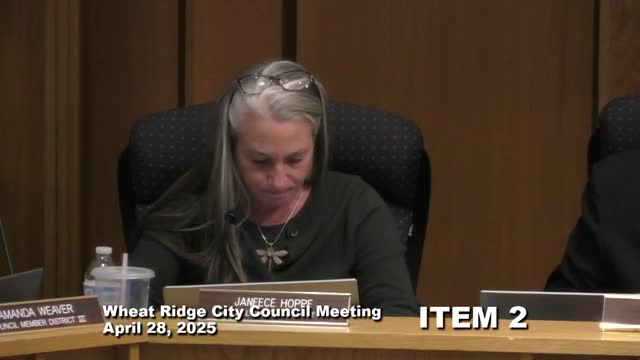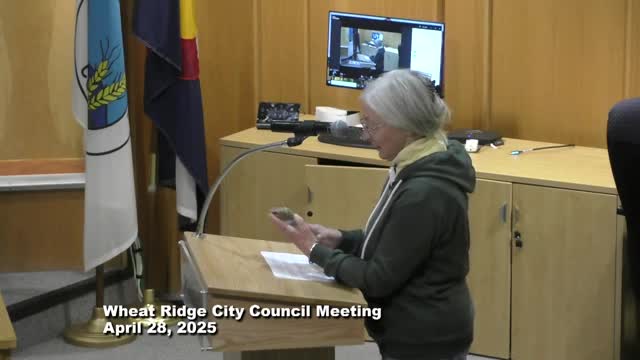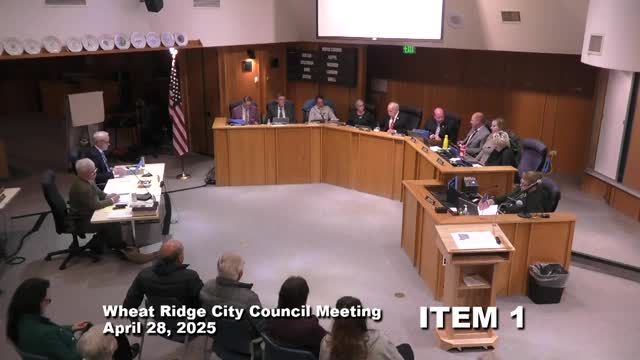Article not found
This article is no longer available. But don't worry—we've gathered other articles that discuss the same topic.

Votes at a glance: Wheat Ridge council schedules several hearings and adopts resolutions on state bills; rezoning of Lutheran campus approved

Wheat Ridge residents press council on persistent car‑wash noise; city says business cited and faces May 1 court date

